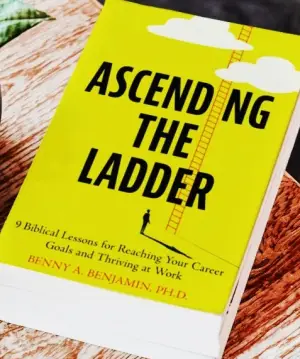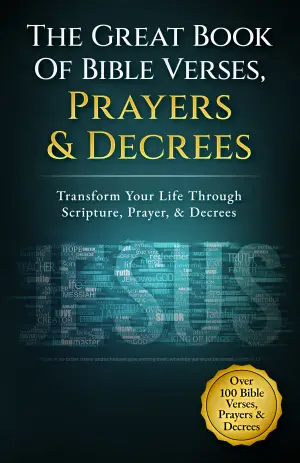I recently finished reading All Your Worth: The Ultimate Lifetime Money Plan by Elizabeth Warren and Amelia Warren Tyagi, and I must say, it was an insightful experience. As a self-confessed finance enthusiast, I was drawn to this book not only because of its relevance to my interests but also due to the practical approach it promises for managing money. With personal finance often feeling overwhelming, the notion of achieving financial well-being with a simple, structured plan intrigued me deeply.
Warren and Tyagi offer a refreshing perspective on personal finance that revolves around the concept of balancing money into three essential categories: Must-Haves, Wants, and Savings. The authors encourage readers to allocate their income in a balanced way, akin to a diet—hence the metaphor among many readers. I found this approach particularly enlightening. The book steers clear of tedious budgeting techniques and instead promotes the 50-30-20 rule: 50% for Must-Haves, 30% for Wants, and 20% for Savings. This framework is not only easy to remember but also practical for everyday use.
One of the standout positives highlighted by readers, especially by reviewer Blink, is the no-judgment zone the authors create around spending desires. The emphasis on understanding yourself and your financial situation rather than adhering to strict budgets is liberating. The idea that spending on our "Wants" is justified as long as we prioritize our "Must-Haves" and "Savings" means that indulging in that extra cup of coffee or a fun night out no longer feels guilt-ridden. This philosophy resonated with me, as it promotes a balanced and enjoyable approach to managing finances.
However, even while I consumed the content enthusiastically, I sensed some drawbacks. One point raised by other readers, including A.Vill, is that the book feels a tad outdated. Given the rapidly evolving financial landscape, especially with technology playing an ever-increasing role in our finances, I found some suggestions not as relevant today. For instance, while there’s valuable advice on scrutinizing mortgage contracts, the landscape of personal finance apps that can simplify these tasks wasn’t addressed as much. Acknowledging newer resources could have made the book even more robust.
Another critique is that, while the principles are universally applicable, some readers might struggle to implement the strategies if they are in a more precarious financial situation. For example, if you’re deep in debt and dealing with financial emergencies, the practical steps and contingency plans might not feel as empowering and could seem distant from your reality. Blink’s mention about the emphasis on focusing on big-ticket items instead of penny-pinching is valid, but for individuals facing dire financial circumstances, even small expenditures can weigh heavily on their minds. This contrast might leave such readers feeling less supported.
In returning to what met my expectations, the authors do a magnificent job of weaving personal anecdotes with solid financial principles throughout. They bring their research to life, showcasing that their plan is backed by years of intensive study, as mentioned in the official description. This connecting of theory with practice helped demystify personal finance for me and offered actionable advice that I plan to incorporate into my financial planning.
In summary, All Your Worth provides valuable insights into personal finance for anyone looking to gain control over their money. With a suitable blend of structure and encouragement, it successfully helps demystify the steps towards achieving financial well-being. While some aspects feel slightly outdated or less relevant for individuals in distressing financial positions, the authors’ balanced approach towards needs and wants is a highlight.
Overall, I would recommend this book to individuals looking to foster a healthier financial outlook, especially those just starting out or looking to rebuild. It strikes a commendable balance between practicality and relatability, making it an essential read for anyone wanting to engage with their finances constructively. I plan to revisit its core principles often as I navigate my own financial journey, aiming for that peace of mind the authors promise.








